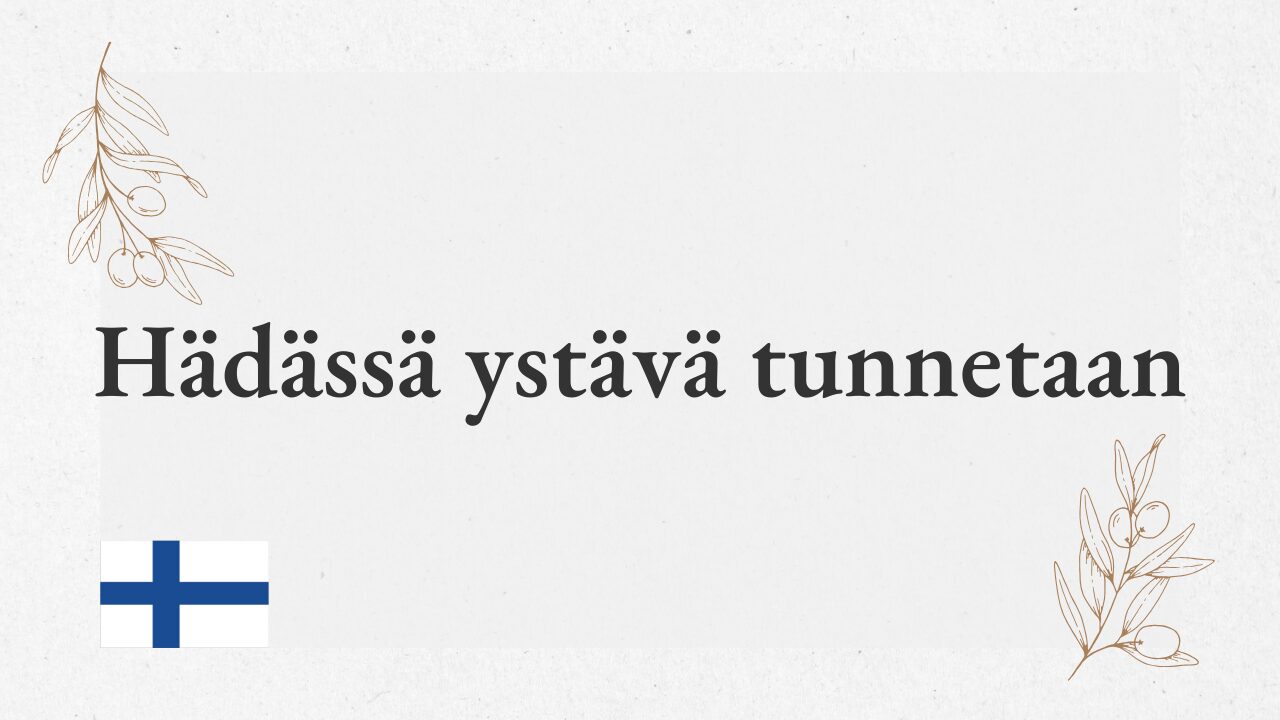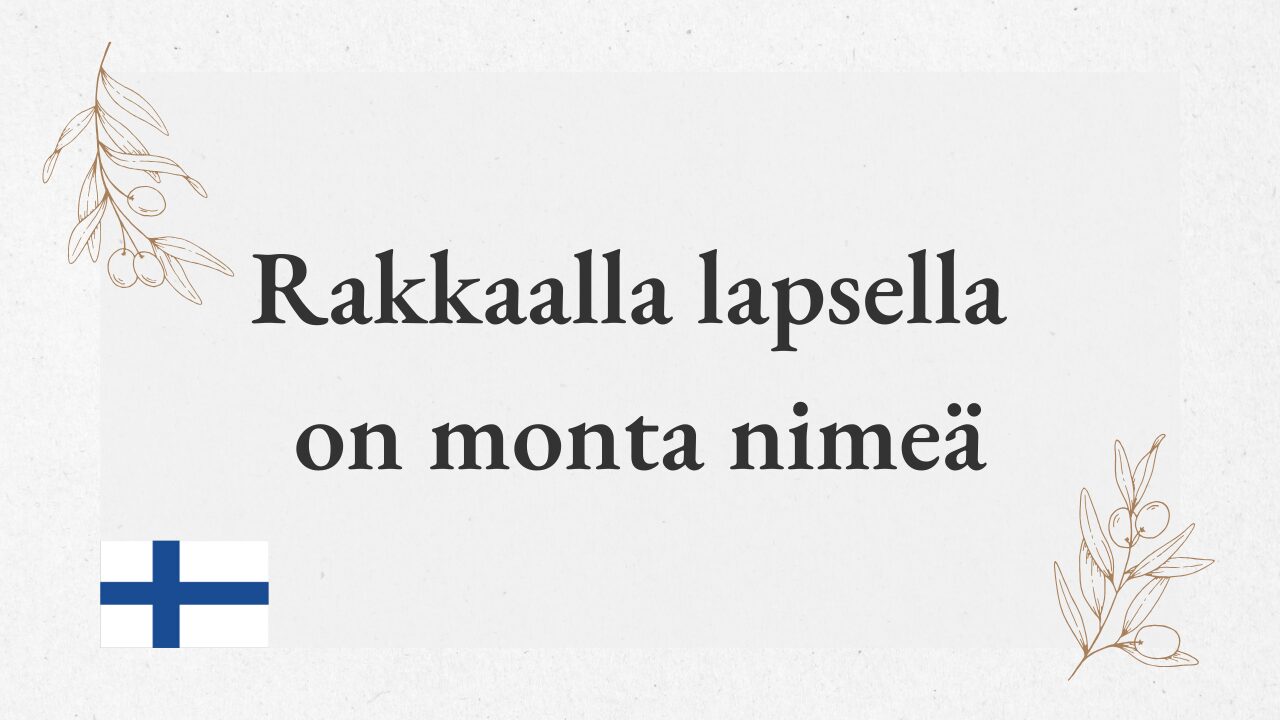“Kell’ onni on, se onnen kätkeköön” – Those who possess happiness should conceal it

Meaning
“Kell’ onni on, se onnen kätkeköön” is a Finnish proverb that literally translates to “Those who possess happiness should conceal it.” It carries the lesson that one should not boast about or show off their luck or success, but instead behave humbly. This is particularly important to avoid inciting jealousy or resentment in others, reflecting a value of being cautious with one’s success or wealth.
In Finland, modesty and a reserved attitude are considered virtues, and being overly self-assertive is not generally appreciated. This proverb encourages discretion and caution even when one achieves success or good fortune.
The Finnish proverb is similar to the Japanese saying “The nail that sticks out gets hammered down.” Likewise, in English, expressions like “Keep your success to yourself” and “Don’t flaunt your luck” emphasize the importance of not showing off one’s success, promoting humility and caution to avoid jealousy.
Origin
This proverb stems from Finnish culture and values, particularly the tradition of valuing modesty.
Finns believe that when someone attains luck or success, they should not make it too public and should act with restraint. Individual success is often seen as temporary, and excessive display of it can harm relationships with others, which is the underlying lesson.
Furthermore, the Finnish cultural focus on quiet relaxation, such as in saunas, and modest living in nature, also contributes to this attitude.
Usage
This proverb is still widely used in modern Finnish society. For example, when someone gets promoted or wins the lottery, this saying encourages them to remain humble.
Additionally, it is applicable in the context of social media, where excessive self-promotion can be frowned upon. It is often used as a warning to remind people not to flaunt their good fortune to others.
Conclusion
“Kell’ onni on, se onnen kätkeköön” is a Finnish proverb meaning “Those who possess happiness should conceal it.” It carries the lesson that one should not boast about success or luck, but act humbly.
This teaching is deeply rooted in Finnish culture and is still widely used today as a piece of wisdom for maintaining good relationships with others.




